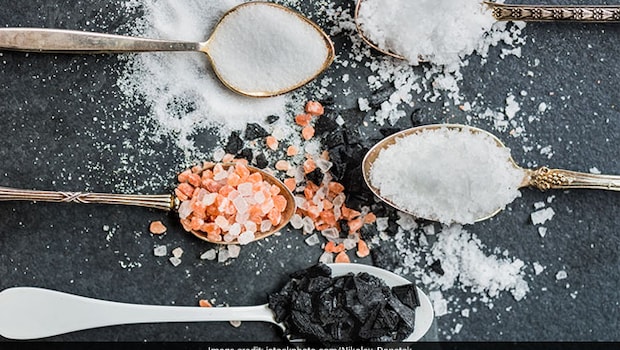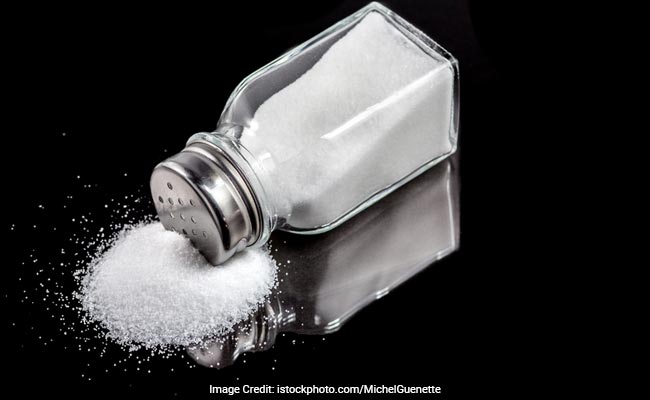
Kosher Salt Vs Regular Salt: How They Differ In Taste And Texture
Even a pinch of salt can make or break a recipe. We know you agree with this. Salt, a seasoning agent that most of us take for granted, is a lot more than a humble cooking ingredient. Imagine your food without salt. It’ll be bland, for sure. But too much saltiness can make a dish inedible. In order to ensure the right quantity of salt in a particular dish, it’s important to know the difference between the different types of salts available in the market. While regular table salt is the most used type of salt in our homes, you might have read about kosher salt in certain recipes.

What is the difference between salts?
(Also read: Signs You Are Not Getting Enough Salt; Keep A Check!)
Are you wondering what is the difference between these two kinds of salts? If you are confused about how to use these two types of salt, there’s not much to worry about. Table salt and kosher salt are often interchangeable but their quantities differ when substituting one for the other.
Salts are composed of the basic component, sodium chloride. While some salts are purely this base material, other kinds are mixed with additives like iodine. Salt is obtained from seawater or salt mines. Evaporation of seawater or brine (which is made by mixing water with the salt mineral ores) results in salt.
Difference Of Texture Between Kosher Salt And Regular Salt
Kosher salt is a coarse-grain salt. Due to its large crystals, it isn’t very dense. Anti-clumping agents like calcium silicate and iodine are rarely added to Kosher salt. The salt got its name from the process of Koshering. In this process, meat is treated with salt in order to absorb and drain away surface blood from the meat.
Regular salt or table salt is finely-grained and hence, denser. Its evenly shaped crystals uniformly distribute its saltiness. Traces of iodine and calcium silicate are usually added to table salt.

Kosher salt and regular salt have different textures
(Also read: 8 Genius Tricks to Reduce Excess Salt in Curries)
Difference Of Taste Between Kosher Salt And Regular Salt
A pinch of regular salt can be saltier than a pinch of Kosher salt. That’s because of Kosher salt’s bigger grains that take time to dissolve. The coarse grains also mean that the taste is unevenly distributed.
Usage
If you are replacing kosher salt with regular salt (or the other way round) in any recipe, make sure you convert the quantities so that you don’t overdo or undergo the seasoning. Kosher salt is good for seasoning and cooking, as there’s a lesser risk of overdoing it. Regular salt is best suited for last-minute seasoning as it dissolves quicker.
Stay connected with us on social media platform for instant update click here to join our Twitter, & Facebook
We are now on Telegram. Click here to join our channel (@TechiUpdate) and stay updated with the latest Technology headlines.
For all the latest Health News Click Here
For the latest news and updates, follow us on Google News.

